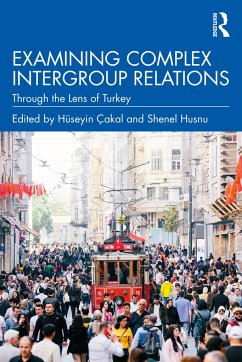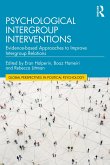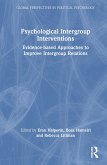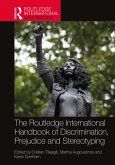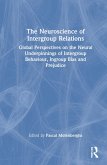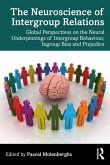This ground-breaking volume presents a unique contribution to the development of social and political psychology both in Turkey and globally, providing a complex analysis of intergroup relations in the diverse Turkish context.
Turkey is home to a huge variety of social, ethnic and religious groups and hosts the largest number of refugees in the world. This diversity creates a unique opportunity to understand how powerful forces of ethnicity, migration and political ideology shape intergroup processes and intergroup relations. Bringing together novel research findings, the international collection of authors explore everything from disability, age and gender, Kurdish and Armenian relations as "traditional minorities", the recent emergence of a "new minority" of Syrian refugees and Turkey's complex political history. The theories and paradigms considered in the book - social identity, intergroup contact, integrated threat, social representations - are leading approaches in social and political psychology, but the research presented tests these approaches in the context of a very diverse and dynamic non-WEIRD (Western, Educated, Industrialized, Rich and Democratic) society, with the goal of contributing toward the development of a more intercultural and democratic social and political psychology.
Bringing together cutting-edge research and providing important insights into the psychological underpinnings of a singular societal situation from a variety of perspectives, this book is essential reading for students studying the psychology, politics and social science of intergroup relations, as well as practitioners interested in conflict resolution.
Turkey is home to a huge variety of social, ethnic and religious groups and hosts the largest number of refugees in the world. This diversity creates a unique opportunity to understand how powerful forces of ethnicity, migration and political ideology shape intergroup processes and intergroup relations. Bringing together novel research findings, the international collection of authors explore everything from disability, age and gender, Kurdish and Armenian relations as "traditional minorities", the recent emergence of a "new minority" of Syrian refugees and Turkey's complex political history. The theories and paradigms considered in the book - social identity, intergroup contact, integrated threat, social representations - are leading approaches in social and political psychology, but the research presented tests these approaches in the context of a very diverse and dynamic non-WEIRD (Western, Educated, Industrialized, Rich and Democratic) society, with the goal of contributing toward the development of a more intercultural and democratic social and political psychology.
Bringing together cutting-edge research and providing important insights into the psychological underpinnings of a singular societal situation from a variety of perspectives, this book is essential reading for students studying the psychology, politics and social science of intergroup relations, as well as practitioners interested in conflict resolution.

